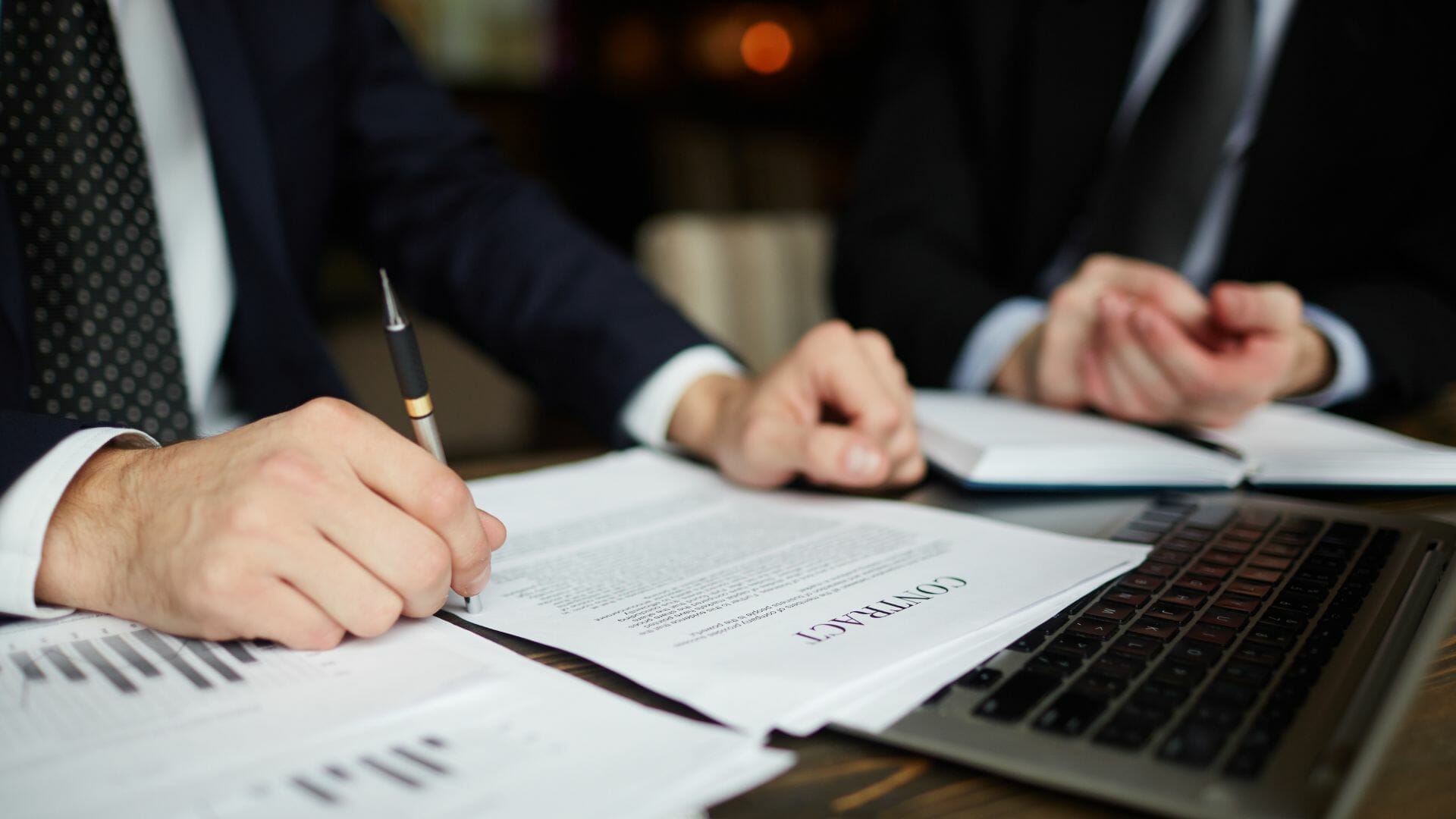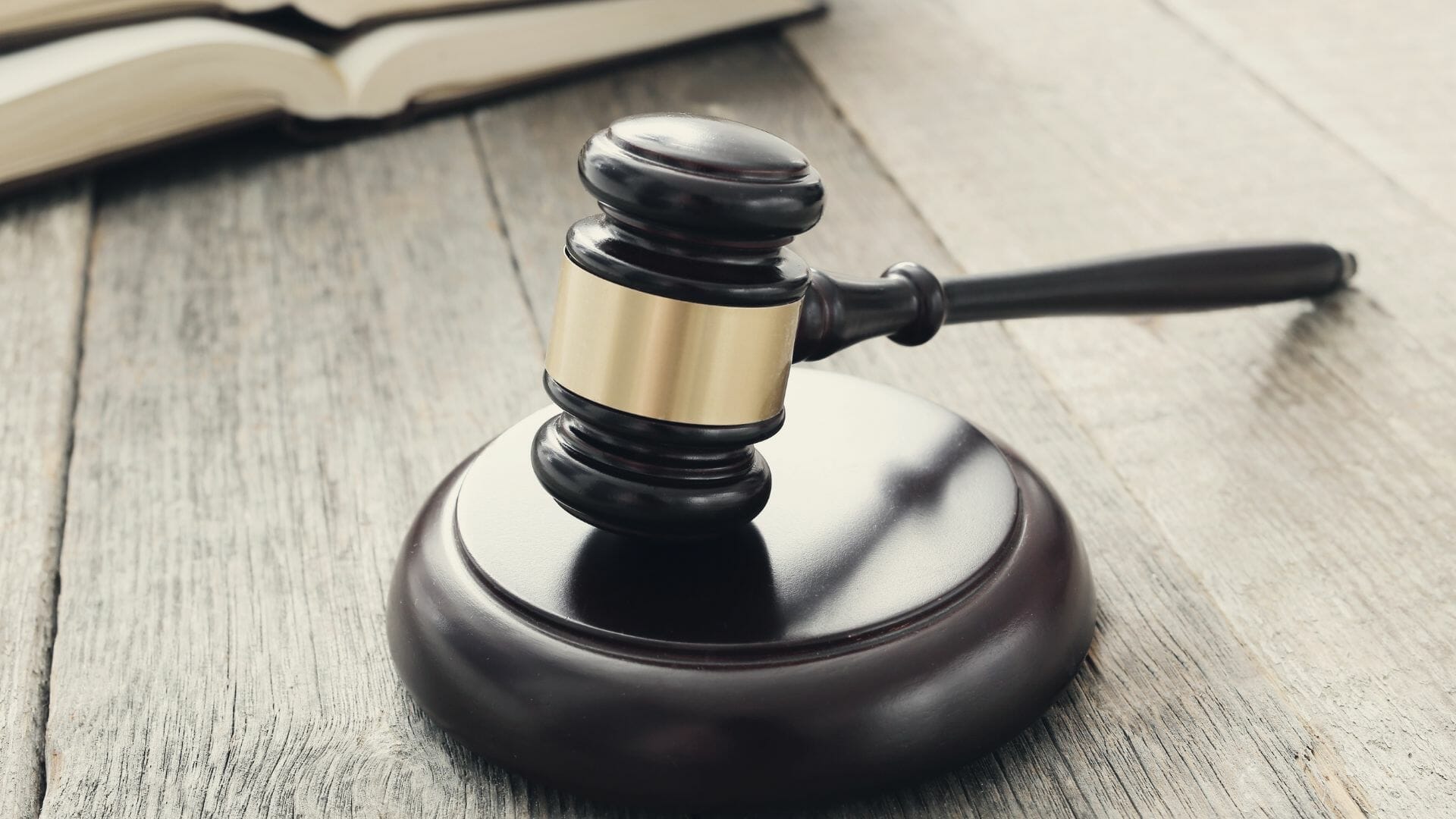You have heard the term “litigation,” but the meaning of this menacing-sounding word might have escaped you. This word is full of implications for your personal injury case and signifies one way in which your lawsuit can end.
While you may not desire litigation, you and your attorney must prepare for it from the outset of your case. Your personal injury case will end unsuccessfully if you do not anticipate litigation.
In a personal injury case, litigation refers to the legal process of taking a dispute to court. When someone sustains an injury due to the negligence or intentional actions of another party, they may decide to pursue legal action.
When your personal injury case has reached the litigation stage, it is time to prove your case in court. You and the other party may have attempted to settle your case, but such efforts have failed. It is now up to a judge or jury to decide whether you should receive compensation and, if so, how much.
Defining the Term “Litigation”
Litigation refers to the practice and procedure of arguing your personal injury case in court. When you choose to litigate your lawsuit, you are using the court system to present your claim and demand compensation for the harm you suffered.
This is different from settlement negotiations, which take place out of court and with little to no involvement from the court.
Stages of Litigation
Litigation proceeds through several defined stages. The length of time your personal injury case spends in each stage may differ from other cases. Nonetheless, your lawsuit and every other personal injury case will proceed through the stages in this order:
Filing of Your Petition
Litigation begins when you file your petition with the court. Your petition is the legal document alleging that you sustained harm and are, therefore, entitled to monetary damages.
Once filed, the allegedly negligent defendant you identify in your petition receives a copy of your petition. The defendant then has the opportunity to file a formal answer to your allegations.
Initial Scheduling Conference
Shortly after the petition and answer are on file, the court will usually call for a case management conference. It may or may not require your attendance at this hearing, so you should check with your attorney.
At the scheduling conference, the court will set preliminary deadlines for the various stages of your personal injury case. These deadlines are subject to change, but they give the parties an initial idea of the timeline on which the case will progress.
Discovery
The discovery stage will consume the bulk of the time in your personal injury case. During discovery, you and the other party will accumulate evidence through depositions, subpoenas, and other tools.
You will also exchange most of this information with one another. The purpose of this exchange is so each side has a good picture of the evidence the parties will present in the case.
Pretrial
Once you and the other party have finished discovery, the next step will be the pretrial stage.
The parties might file motions asking the court to adjudicate the matter without the need for a trial if they believe the available and uncontroverted evidence demands it. Or the motions they file may ask the court to limit the type or quantity of evidence the other party can present at trial.
Trial
The court will then hold a trial sometime after the pretrial hearings are over. As this is your personal injury case, you have the responsibility to show the judge or jury you are more likely than not entitled to compensation for your injuries.
To meet this obligation, your attorney will call and examine witnesses, present evidence and documents, and make arguments to the judge or jury hearing your case.
How to Prepare for Litigation in Your Case

Litigation is something for which you must prepare from the outset of your personal injury case. Most cases will reach a settlement instead of going to trial; however, you cannot wait until then to start preparing for litigation. If you do, you will find there is too little time to accomplish all the tasks necessary to present your case.
Preparation begins with an initial investigation into the facts of your case. Your attorney may review accident reports, photographs, and any available witness statements. The goal of this preparation is to identify witnesses and tangible evidence that might support your claims.
Your attorney may also identify aspects of your case that are not well-supported by evidence, allowing them to formulate a plan to address these shortcomings.
Once your attorney locates witnesses and relevant evidence, the next step is to secure these witnesses and evidence. Your lawyer will depose witnesses to learn what information they have about your accident and to record their memories.
Your attorney will also secure evidence like reports, photographs, and video surveillance so you can use it later.
Last, you should prepare by familiarizing yourself with what to expect as your case progresses. By discussing reasonable expectations with your attorney beforehand, you can avoid feeling as if your case is languishing or that others have forgotten about it. Your personal injury lawyer can also help you understand what will happen at various hearings.
Finally, if your attorney believes your testimony is necessary at a hearing or during the trial, they can help prepare you to give it in a persuasive, convincing manner.
Enlist the Help of Experienced Litigators from The Joel Bieber Firm
If you or a loved one have suffered injuries in a personal injury case, you need representation from skilled litigators.
The Joel Bieber Firm is prepared to help you get compensation as swiftly as possible. We do this by investigating and preparing your case for litigation from the outset, thus increasing your chances of a successful settlement or trial. Contact the Joel Bieber Firm to learn more about our representation and its benefits.
Interesting Reads:
How Do I Maximize My Personal Injury Settlement Claim?

